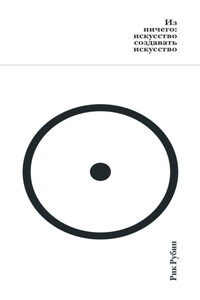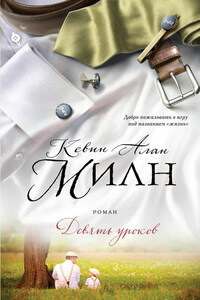Once, when he was nearly four, she found him outside in the garden staring up at the moon with his head cocked to one side. He was silent and very still. She crept up behind him, quietly, so as not to disturb his contemplation. It was a soft twilight in September – low-slung, grainy sky ballasting a swollen, somehow predatory moon. Her son appeared to be entranced. She turned from him and the strangeness of the evening to gaze back through the french windows to the normality of the living-room – soft light, sofas, cushions, padding. Everything as it should be, where it should be – touchstone suburbia, the reassurance of crystal and chintz.
He sensed or smelled her presence but still he did not move. She wondered at his thoughts and then he turned, slowly, widened brown eyes reflecting moonlight for an instant as his gaze settled on her. ‘It’s not a man in the moon,’ he said.
‘It isn’t?’
‘No. Look.’ He pointed upwards. ‘Look. It’s a boy, and he’s screaming.’
She followed the line of his finger, then shrugged. ‘How so?’ she asked.
‘See – two eyes, and there’s a squishy bit for a nose and look – look, mum, I said – there’s the mouth and it’s a bit to the side and it’s open wide, like this – Look, look, like this …’
He held his head to the side at a slight angle, opened his eyes wide, pulled his mouth to the left and yawned it open as wide as he could. She looked up at the moon, then down at him again. He was right. It did look as if there was a boy screaming in the moon. ‘I wonder why he’s screaming,’ she said.
Her son closed his mouth and gazed up again, but this time facing her so that he had to tilt his head backwards and spread his legs for balance. ‘Because he’s stuck there, of course,’ he said.
It had darkened quickly and his headless form with just the triangle of jawline jutting up was in silhouette. She took a step closer. His shoulders began to move up and down.
‘Shh,’ she whispered, ‘it’s all right, darling. It’s all right, Sammy, just your imagination. That’s all it is. Trust me. There really isn’t a screaming boy in the moon.’
He allowed her to hold him then and she rocked him for a while but he would not be consoled. She wondered at the intensity of his grief or pity, she could not be sure what strange emotion possessed him and when his sobs turned into hiccoughs, she put on her stern face – though she was trembling – and draped her voice in a cloak of impatience while urging him to bed. She knew her son and when he required her control and not her empathy.
When he finally acceded to her terse commands and trundled upstairs muttering under his breath, she felt that they were back in their own landscape. Their own familiar territory, where she led and he followed, albeit reluctantly at times, but followed none the less. And she could breathe again, spontaneously, and not with the forced shallow rasps he sometimes extracted from her when he led her into his strange and unfamiliar terrain.
When she looked up at the moon again, a slender tendril of cloud had snaked across the yawning mouth and she felt the sunken, staring eyes bear down upon her. She shivered and scurried back to the cushioned living-room.
‘Darling?’
His head was under the bath water but he heard her call. He stayed below the water’s surface and counted: one, two three, four …
‘Dahling?’
He allowed his nose to break through the skin of water and bubbles. The nostrils dilated and contracted frantically. After ten years, the way she said ‘dahling’ still irritated him. Perhaps he was a bit too simple-minded.but he thought terms of endearment should be just that – if, for that matter, they had to be used at all. Somehow they always sounded affected to him. He had heard other middle-class Englishwomen darling their husbands in the same fashion. They wielded the word, stretched it and sometimes brandished it. It was ‘dahling’ as a form of possession; it preceded an order, an accusation, as in: ‘Dahling, can’t you …’ Never: ‘can you’, a reluctance on the part of the one addressed being taken for granted. ‘Dahling, do you want to change Sam while I get the bottle ready?’ It was a vocabulary rampant with vague, unspoken censures. A minefield. The only time he ever felt in any way sure-footed was after sex, and then the feeling did not last very long.
In Ireland, he noisily sucked his teeth whenever she said ‘darling’. It was an oceanic distance from the barked ‘Mrs’ his father had used to summon his mother. Adult speculation had Brian wondering if his father had called her that in bed: ‘Suck on this, Mrs …’ No. Mrs, what he remembered of her, was born into the missionary position, horizontally inclined (in every respect), nothing doggy or foreign in the bedroom, certainly no saliva – ever. Now, Darling stood at the door of the bathroom, folding Sam’s pyjamas against her chest. She looked pissed off. Ten years of looking pissed off – the wind must have changed on their wedding day. Brian winked at her – to piss her off some more.








